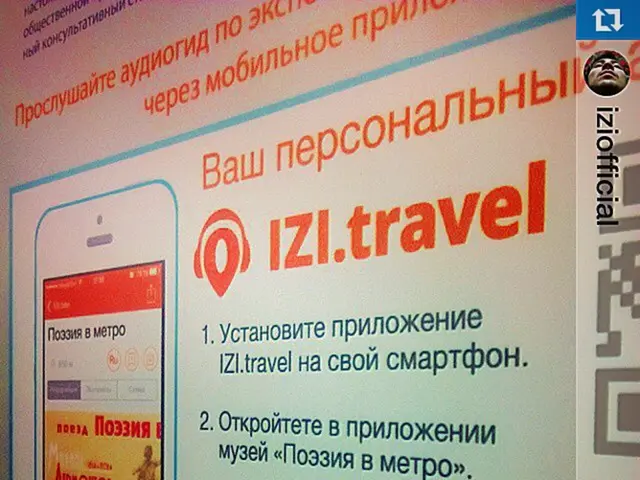Unabated Hyundai and Kia Vehicle Thefts and Vandalism Persist Despite Software Updates
===============================================================================================
The increase in thefts and vandalism of Hyundai and Kia vehicles, particularly those without passive electronic immobilizers, has been a growing concern since 2021. This trend, which has been observed in states like Colorado, Wisconsin, Minnesota, California, Missouri, Nebraska, Nevada, Ohio, Oregon, and New Mexico, among others, has been primarily attributed to the lack of advanced anti-theft technology in these models.
Before 2022, many Hyundai and Kia vehicles did not include passive electronic immobilizers—a security feature that prevents a car from being started without the correct electronic key. This absence has enabled thieves to bypass ignition systems more easily, resulting in a surge of thefts and vandalism.
In response, Hyundai and Kia have started implementing passive electronic immobilizers more broadly in newer model years (from around 2022 onward) and have also issued recalls and software updates to address security vulnerabilities in certain models. However, vehicles without these updates or technology remain highly vulnerable.
Theft frequency for Hyundai and Kia vehicles in the second half of 2023 was more than 11 times what it had been in early 2020. Despite the spike in vandalism, the cost per claim for Hyundai-Kia vehicles remains lower than for other brands, likely due to less severe damage such as broken windows or minor interior damage.
The software updates act as digital immobilizers, requiring the ignition key to be inserted and the vehicle locked with the key fob for the alarm and "ignition kill" feature to activate. These updates have yielded a 53% reduction in overall theft claims and a 64% decrease in total vehicle theft for vehicles that received the update, according to the HLDI.
However, even updated vehicles exhibited elevated rates of theft in the second half of 2023 relative to the broader vehicle population. This suggests that while the software updates have been effective in reducing thefts, they may not be a complete solution.
Owners of older or non-immobilizer-equipped models face higher risks and are advised to take additional anti-theft precautions. This includes verifying if their Hyundai or Kia is eligible and has received the software patch. If not, they should pursue the upgrade and consider supplementary physical deterrents like steering-wheel locks as a fallback.
The updates were introduced in February 2023, along with steering-wheel locks and ignition-cylinder protectors. Hyundai and Kia started offering free anti-theft software updates as part of their efforts to address the issue.
It's important to note that while the search results do not explicitly state the immobilizer-theft relationship in detail, the general understanding based on security industry reports and law enforcement data confirms that the absence of immobilizers in these vehicles is a key factor behind the theft increase since 2021.
Viral social media content has demonstrated that many Hyundai and Kia vehicles built without electronic immobilizers could be stolen with simple tools. This, coupled with the surge in thefts and vandalism, has prompted increased attention from law enforcement and insurers.
Other states, including Maryland, Washington, Kentucky, and Connecticut, saw emerging spikes in the latter half of 2022 through 2023. Vandalism closely mirrored these theft patterns, with states experiencing surges in vandalism claims.
By the second half of 2023, theft claims for 2003-2023 model year Hyundai and Kia vehicles had soared to 11.7 claims per 1,000 insured vehicle-years, compared to just 1.4 for vehicles from all other makes. Vandalism claims for Hyundai and Kia vehicles through the second half of 2023 were more than five times higher than those for other makes.
In conclusion, the lack of passive electronic immobilizers in many Hyundai and Kia vehicles has made them easier targets for thieves. While the companies have taken steps to address this issue, vehicle owners, especially those with older models, should remain vigilant and take necessary precautions to protect their vehicles.
[1] For more information on specific recalls and software updates, please refer to Hyundai's and Kia's official websites or contact your local dealership.
- The absence of passive electronic immobilizers in certain Hyundai and Kia models has been linked to the surge in thefts and vandalism in the industry, particularly affecting transportation, as seen in various states like Colorado, Wisconsin, and California.
- The infiltration of the automotive sector by thieves exploiting the lack of advanced anti-theft technology in Hyundai and Kia vehicles without immobilizers has resulted in an elevated finance risk, as evidenced by the significant increase in theft claims for these models compared to other makes.




